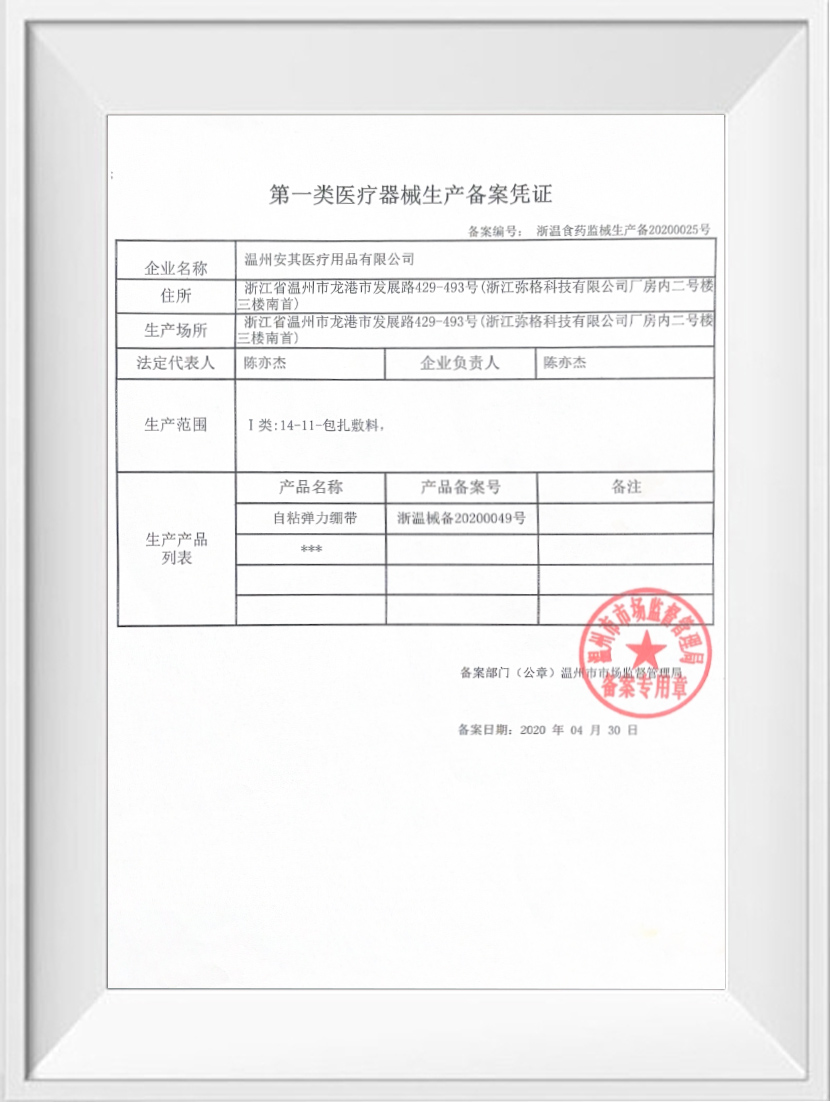Web Menu
Product Search
Exit Menu
We provide quality products and services to customers from all over the world.
Will Silicone Face Lift Wrinkle Tape Cause Skin Irritation or Allergic Reaction?
Silicone Face Lift Wrinkle Tape is designed to temporarily tighten and smooth areas of facial skin. Often applied to the jawline, cheeks, forehead, or under the eyes, this product is popular for its ability to hold skin in place while the appearance of fine lines or sagging. It is commonly used as part of nighttime routines or short-term lift solutions during events.

While high-quality silicone wrinkle tapes are made with medical-grade, hypoallergenic materials, there is still a possibility of skin irritation for certain users. The likelihood of an allergic reaction or irritation depends on several factors:
1. Skin Sensitivity
Individuals with sensitive skin are generally more prone to experiencing redness, itching, or mild discomfort when using any adhesive product. While silicone is generally well-tolerated, the adhesive used to hold the tape in place—particularly around delicate areas like the eyes or jaw—can sometimes cause irritation if left on for extended periods or applied with excessive tension.
2. Duration of Use
Overnight use is common for this type of product, but wearing the tape for more than 6–8 hours may increase the risk of discomfort, especially if the skin is not properly prepared beforehand. Cleansing the skin to remove oils or makeup before applying the tape can help reduce this risk.
3. Improper Application or Removal
Applying the tape on broken, irritated, or inflamed skin can cause further issues. Additionally, peeling the tape off too quickly can temporary redness or mechanical irritation. Removing it slowly and using water or a gentle cleanser can help minimize this risk.
4. Underlying Skin Conditions
People with skin conditions such as eczema, rosacea, or psoriasis should consult a dermatologist before using wrinkle tapes of any kind. Even with hypoallergenic materials, the adhesive or physical pulling of the skin may exacerbate existing symptoms.
Waterproof Self Adhesive Bandages are designed for reliable wound protection in environments where moisture is a concern. Unlike traditional adhesive bandages that may loosen or peel off when wet, these bandages maintain a firm hold while still allowing some breathability. Their flexible, self-adhering design—meaning they stick to themselves rather than to the skin—makes them suitable for various use cases.
So, who should use Waterproof Self Adhesive Bandages?
1. Active Individuals and Athletes
For runners, swimmers, gym-goers, or individuals participating in outdoor sports, waterproof self-adhesive bandages are ideal. They offer protection for minor cuts, blisters, and abrasions while withstanding sweat and water exposure. Since they do not rely on skin adhesives, they're less likely to peel off during vigorous activity or showering.
2. People with Sensitive or Fragile Skin
Unlike traditional adhesive bandages that stick directly to the skin (and sometimes pull at it during removal), self-adhesive bandages wrap around the affected area and adhere only to themselves. This is beneficial for elderly users or people with fragile skin who may experience discomfort from standard bandages.
3. Children
Waterproof self-adhesive bandages can be particularly helpful for young children, who may have a hard time keeping conventional bandages in place. These wraps can be used to secure dressings over wounds or protect scrapes and bruises while still allowing for play and water exposure.
4. Post-Surgical Care or Dressing Retention
In medical settings, self-adhesive bandages are often used to hold gauze pads or surgical dressings in place. Their water resistance helps keep wounds clean and dry, reducing the risk of infection while offering light compression to minimize swelling.
Keep In Touch
No.455 New Town Development Road,Longgang City, Wenzhou City
Copyright © Wenzhou Anqi Medical Supplies Co., Ltd. All Rights Reserved.
Approval No: Zhejiang Wenzhou Food and Drug Administration Machinery Production Filing No. 20200025
The information provided on this website is intended for use only in countries and jurisdictions outside of the People's Republic of China.

 English
English русский
русский 中文简体
中文简体 Español
Español Deutsch
Deutsch عربى
عربى

